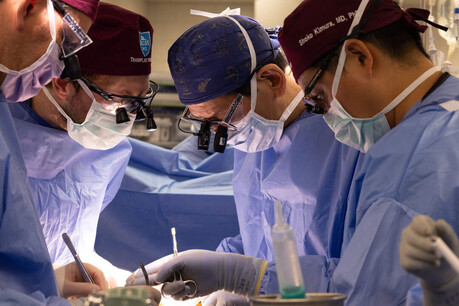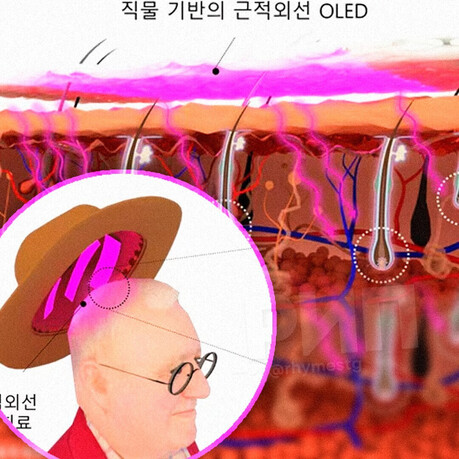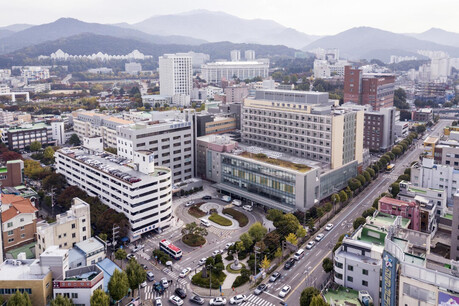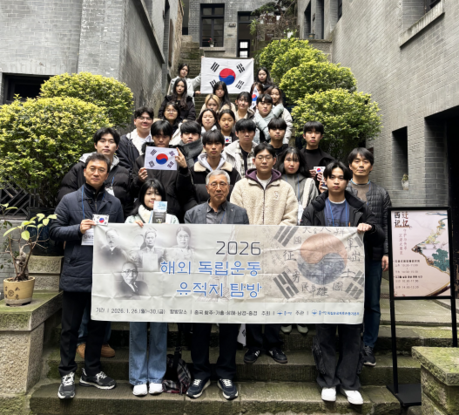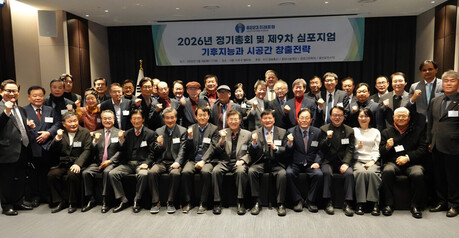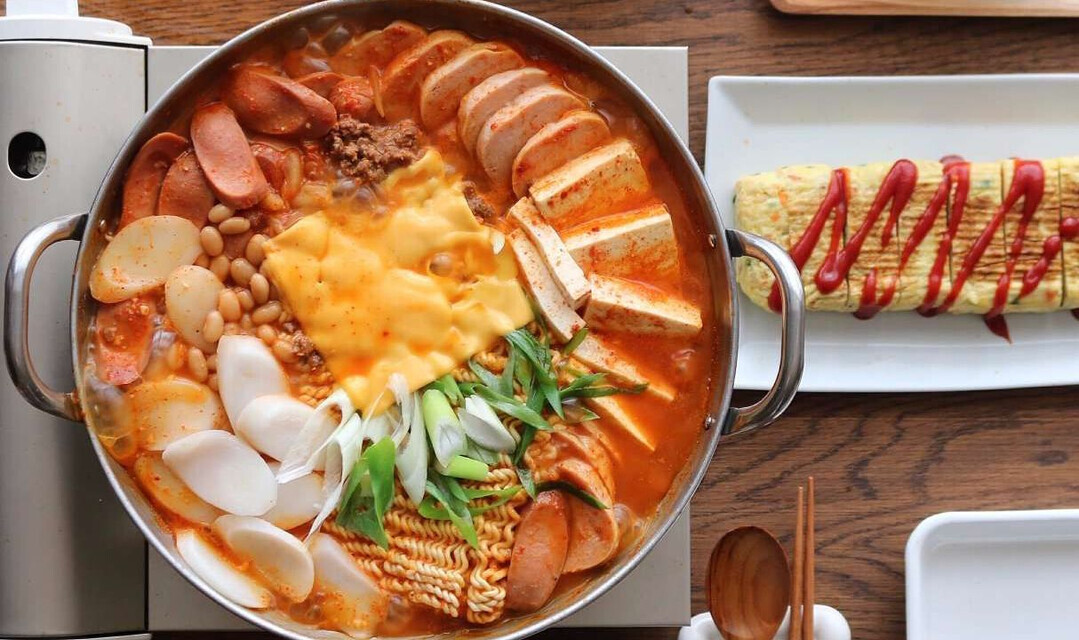
Budae jjigae, a hearty Korean stew, is more than just a delicious meal; it's a testament to the country's resilience and adaptability. This unique dish, often translated as "army base stew," is a product of the Korean War and the subsequent influx of American troops.
Originating in the areas surrounding U.S. military bases, Budae jjigae is believed to have been created during the 1950s when food was scarce. Locals began experimenting with the surplus food items from the bases, such as spam, sausages, and canned beans. These ingredients were combined with traditional Korean staples like kimchi, gochujang (red pepper paste), and vegetables, resulting in a flavorful and satisfying stew.
How to Make Budae Jjigae
Ingredients:
Spam, sliced
Sausages, sliced
Canned beans
Kimchi
Gochujang
Vegetable broth
A variety of vegetables (e.g., onions, green onions, mushrooms)
Tteokbokki (Korean rice cakes)
Ramen noodles
Cheese
Instructions:
Sauté the aromatics: In a large pot, sauté sliced onions and garlic until fragrant.
Add the meats and kimchi: Add the spam, sausages, and kimchi to the pot and cook until the kimchi is slightly softened.
Create the broth: Pour in the vegetable broth and gochujang, adjusting the amount to your desired level of spiciness.
Add vegetables: Add your choice of vegetables, such as mushrooms, green onions, and tteokbokki.
Simmer: Bring the mixture to a boil, then reduce heat and simmer for 10-15 minutes, or until the vegetables are tender.
Serve: Serve hot with a generous amount of shredded cheese and ramen noodles.
Today, Budae jjigae is a beloved national dish in Korea, enjoyed by people of all ages. Its popularity can be attributed to its unique blend of flavors, its versatility, and its historical significance. Whether you're a fan of spicy food or simply looking to try something new, Budae jjigae is sure to satisfy your cravings.
Regional variations: Budae jjigae has evolved over the years, and there are many regional variations. You could mention some of these, such as the addition of seafood in coastal areas or the use of different types of cheese.
Cultural significance: Budae jjigae is often seen as a symbol of Korea's resilience and ability to adapt to changing circumstances. You could explore this aspect in more detail.
Health benefits: While Budae jjigae is not traditionally considered a health food, you could mention some of the potential health benefits of its ingredients, such as the probiotics in kimchi and the antioxidants in vegetables.
source : Global Economic Times(https://www.globaleconomictimes.kr)
[Copyright (c) Global Economic Times. All Rights Reserved.]
















